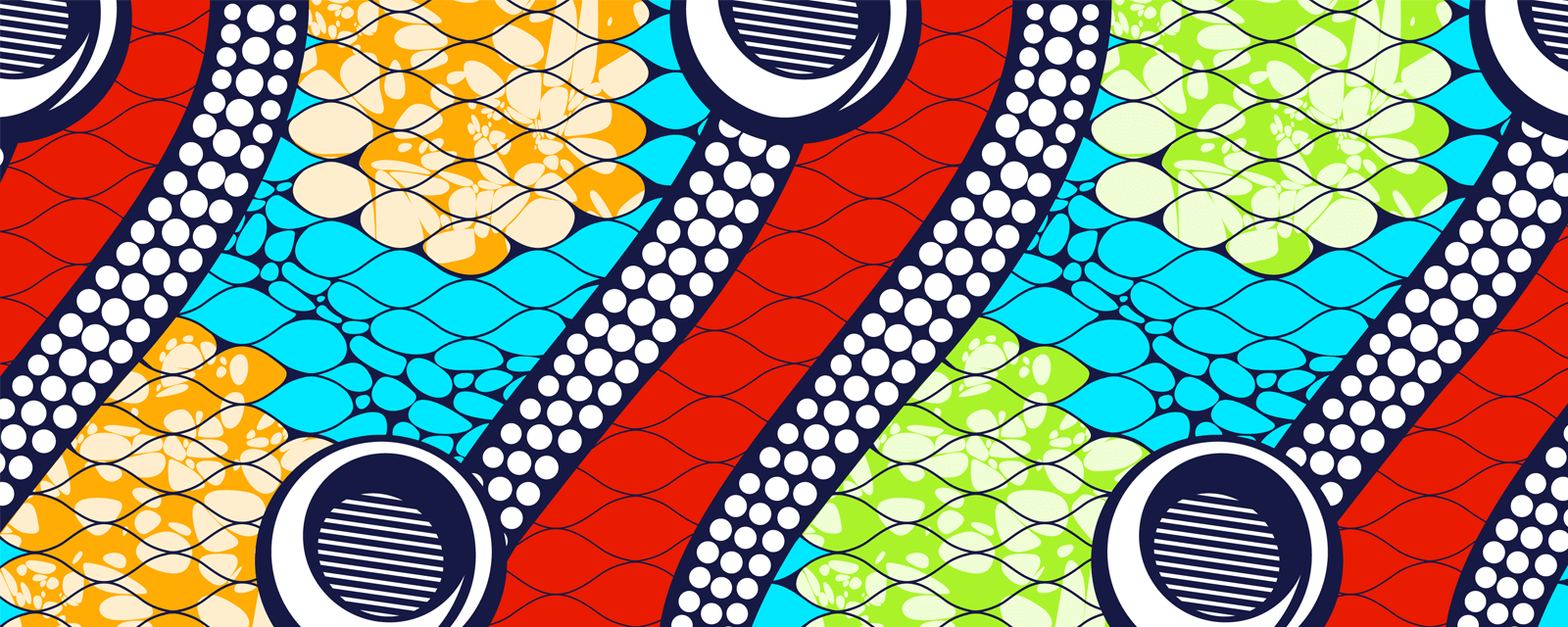Another Yorùbá Ìjálá (Hunting Poems), addressed to the guinea fowl, but with this difference — that instead of celebrating, the hunter makes fun of himself.
Fowl, we greet you, Guinea Fowl, we call you,
Your legs are slender like the ribs of palm leaves,
Your body is heavy on the shoulder of the hunter. (1)
The hunter kills on his way to the house,
on the farm and on the road to Owu. (2)
The antelope, whose name you mention lightly, you must not laugh at her
Because, I said I would shoot a guinea fowl and I shot a dead leaf.
I said I would shoot an antelope and I shot an anthill.
I said I would shoot pig and I shot a dead palm tree.
The pink pig lives in the river; it has a hoe in its mouth. (3)
All the words in me beat my mouth.
One word hits the other and pushes it out. (4)
The ear that asks for words will hear them.
When a mother commits adultery, her son will bind her with ropes.
Ogun, let not this happen to me! (5)
I saw a maize stalk that carried no children on its back. (6)
Ogun, let not this happen to me!.
Now I shall return to my father’s house,
I, Asunwe, owner of a bird,
Of a lovely bird.
I am the child of the leaves of the ogan tree
that says ‘Kankan’ when they fall. (7)
I am the child of the leaves of the ogan tree
that say ‘Ganke ganke’ when they fall.
I, the son of Asipa,
I the one who shoots bullets,
Now I finish my song.
Ulli Beier,
from ‘Yorùbá Vocal Music’,
African Music Society Journal, 1, 3 (1956)
Footnotes
- A joke: a guinea fowl is the size of a small chicken.
- Owu is a district in Yorùbáland. The line means this hunter shoots indiscriminately.
- The pink pig is the pigmy hippopotamus, the ‘hoe’ being its tusks.
- A vivid description of oral performance.
- That is, having to bind his mother.
- That is, had no cob, meaning off-spring.
- The ogan tree may be a type of palm. Can anyone explain the Yorùbá words ‘Kankan’ and ‘Ganke’?

